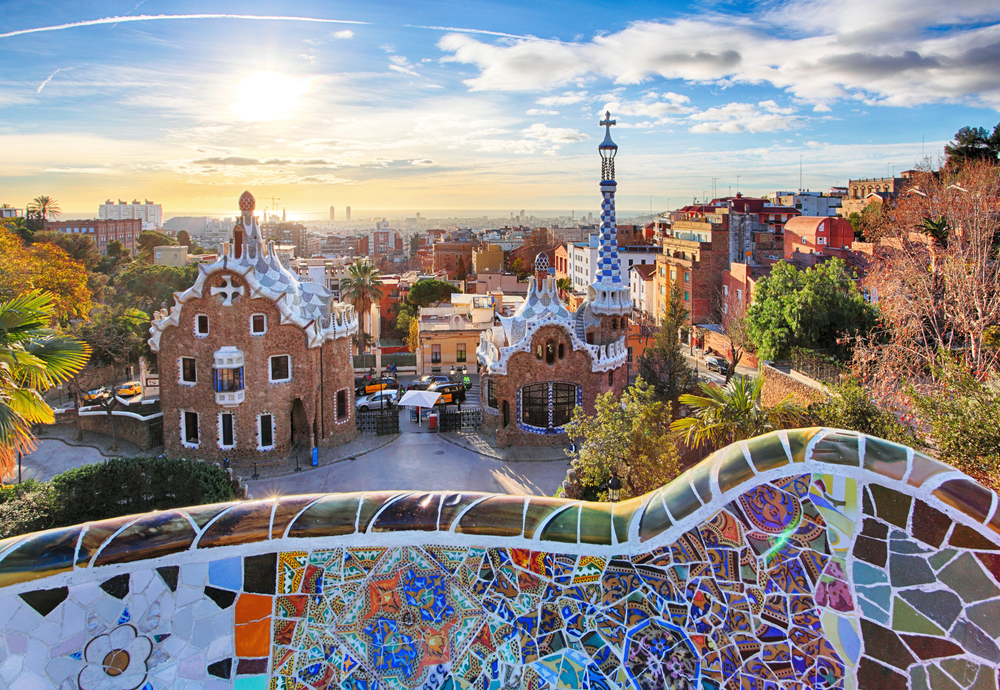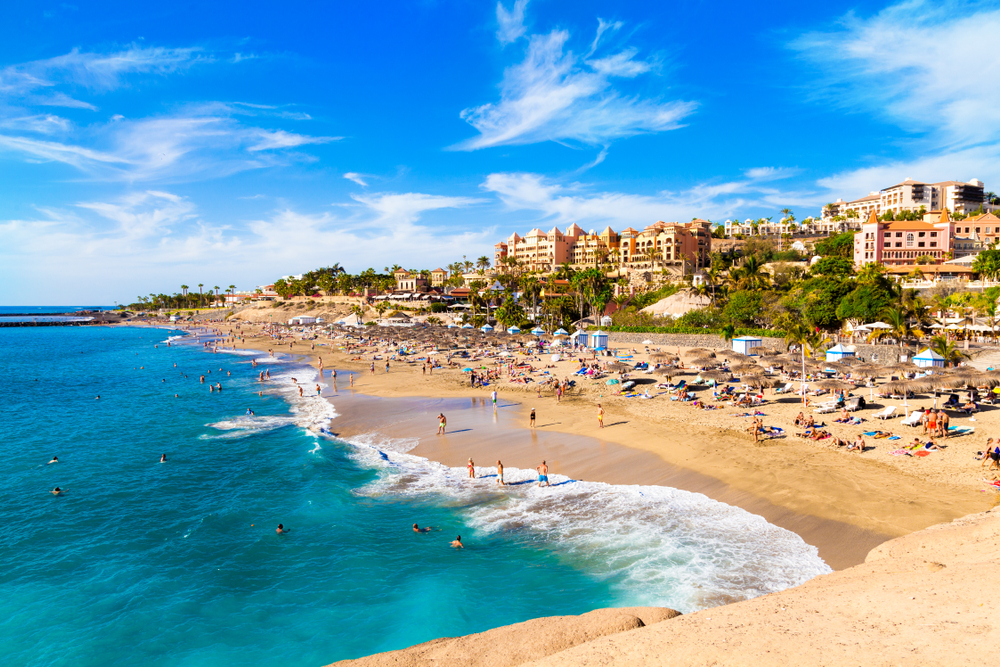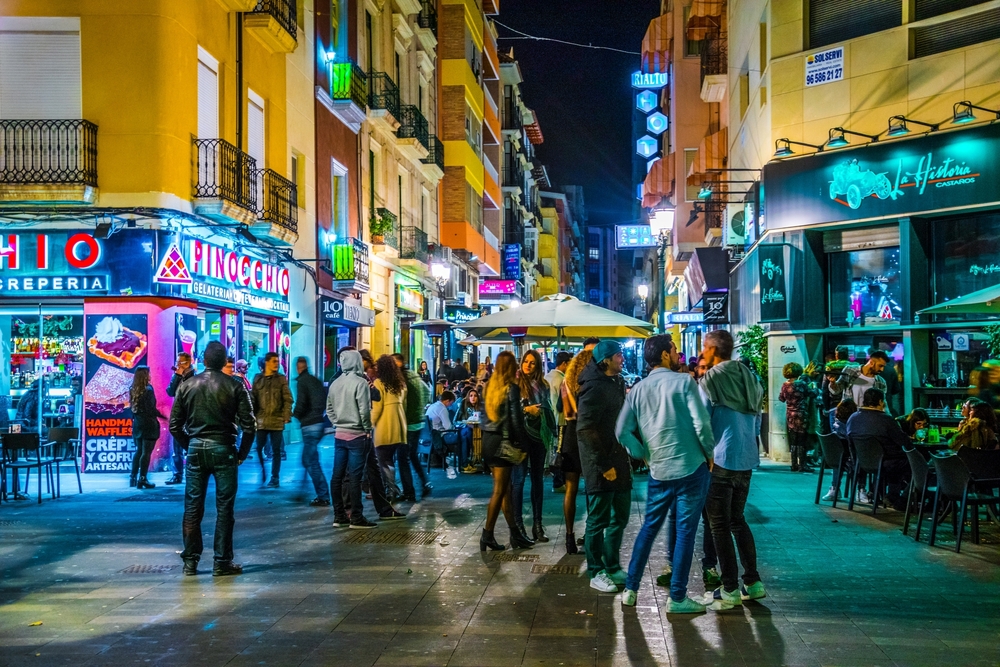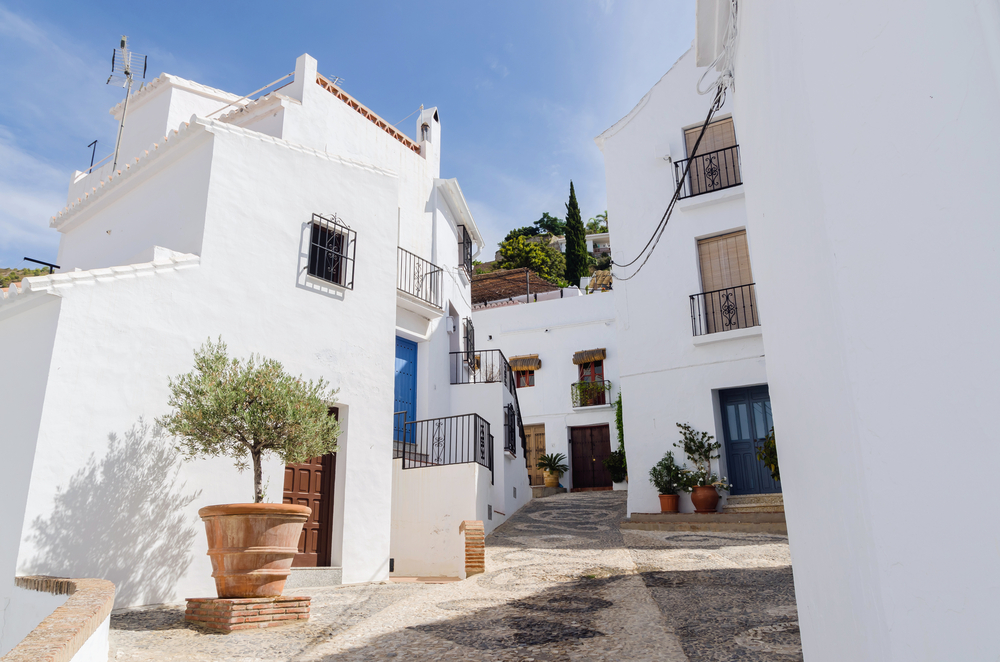Culture and Society: Stereotypes
Being both oversimplified and an opinion by definition, a stereotype about a group of people may have much or very little truth to it. While painting any group with a single brush can be risky, knowing that certain stereotypes exist can be an important step in understanding a culture. If you're a traveler, this knowledge can help you avoid offending the people of your host country.
The following stereotypes are presented in two sections: first, those often held by foreigners visiting this country; and second, those often held by the country's own inhabitants. The description below each entry attempts to explain why some people may believe the given stereotype.
Please note that these stereotypes do not necessarily represent the views of World Trade Press or its employees, but are presented here in an effort to make you a more informed researcher or traveler. Through your own experiences you may find some or all untrue, only partially true, unfair, or fairly accurate.
Stereotypes of Spaniards as Accepted by Some Foreigners
Overly Emotional
Spaniards are very excitable and it does not take much to trigger an emotional outburst.
Spaniards speak loudly, often with dramatic hand motions, and with little regard about interrupting each other. When disagreements occur, Spaniards raise their voices even louder, not to vent frustration but as a way of restating their position. This “over-the-top” approach also applies to moments of joy, sorrow, pity, love, and loyalty. All of these emotions can be found on full display at any Spanish fútbol (soccer) match. Foreigners from more reserved cultures will have a hard time keeping up with the emotion.
Lazy Workers
The Spanish arrive late, leave early, and spend their work days linking up numerous coffee breaks.
To an outsider from a standard 9-to-5 culture, it might appear that the Spanish work ethic leaves a lot to be desired. In fact, Spaniards work as hard as anyone else in Europe, they just do it on a different schedule. Work might start at nine or 10, with a two or three-hour lunch break (or siesta, meaning "nap") starting at 1 or 2 p.m., and another break around 5 p.m. However, they will work into the night (usually 8 p.m.) to get in a full day. Dinner won’t be served until around 10 p.m., while nightlife does not even kick off until after midnight.
Economic Laggards
Compared to other large European countries, Spain lags way behind developmentally.
Spain’s performance in the European Union (E.U.) has been somewhat disappointing, especially since it was one of the poorer members expected to take advantage of the large subsidies given out by Brussels. As big as it is, Spain did not get the pre-E.U. advantage of the massive post-World War II investment that nations like France, Germany, and the United Kingdom received even though it, too, suffered damage from the war despite being technically neutral. Spain also lived under totalitarian rule longer than its E.U. brethren. Some of Spain’s lack of progress, however, can be laid at the feet of its more laid-back atmosphere.
Status Quo Enthusiasts
Spaniards have a tendency to “live in the moment” and are more reactive than proactive.
Spaniards have always had an image—in their own minds as well as in the minds of others—of being devoted to the “good life.” In Spain, work is a necessary evil, and ambition implies a damaged soul. Spaniards wait for, rather than pursue, new job offers or promotions, and people rarely discuss their work in social situations. Visitors will never hear a question like, “So what do you do for a living'” from a Spaniard, and it is recommended that foreigners avoid asking such questions themselves.
Too Catholic
Spain is controlled more by the Catholic Church than it is by the government.
The overwhelming majority of Spaniards are Catholic, and the nation is often pilloried in the European press for being socially stunted because of its religious tendencies. Spaniards see themselves as upholding worthy traditions on a continent that constantly complains about the downsides of modern life. Spaniards might be majority Catholic but nominally so, as over two-thirds are non-practicing and the country is increasingly secular. Spaniards also lead rather hedonistic lives, and no one would ever accuse them of proselytizing.
Stereotypes of Spaniards as Accepted by Some Spaniards
United or Divided
Other European Union countries are trying to unify their cultures, but we are gradually splitting into pieces.
The Basques in the north and the Catalans in the northeast are only two of Spain’s sub-cultures that are seeking greater autonomy and perhaps eventual independence. The Andalusians in the south and the Galicians in the northwest are pressing their cases as well. Most Spaniards see this as a dismantling of the country and its heritage. Foreigners should only broach the subject if they are well informed on the specifics and well acquainted with their Spanish counterparts. It is a very, very sensitive issue.
Immigration Overload
We are taking the brunt of the African exodus, and we should not have to deal with this alone.
Spanish territories like the Canary Islands and its enclaves in Morocco have given desperate Africans a ready entrée into Spanish territory, and therefore, by law, the European Union. Spain cannot return these immigrants because most have abandoned their identification and will not admit to a homeland. The Zapatero government’s granting of legal papers to over 500,000 illegal immigrants in 2005 only exacerbated the problem. The illegal immigration issue, as well as large numbers of international migrants, have created widespread economic and social strain in other parts of Europe too, and although refugees and asylum seekers are protected by international law, these people tend to all get lumped in together as being a problem.
Often Overlooked
We are an important European culture with a vast history. We are not just a vacation resort.
The majority of the political and economic attention in Europe gets focused on France, Germany, and the United Kingdom with Spain often being treated as a third-rate nation in the rankings after Italy and Scandinavia. Spaniards feel they have just as rich a culture and as powerful a history as any European nation and they are tired of the treatment. They also feel they have much to teach the world about the acquisition and loss of global power. Spain has seen much, gained much, and lost much.
Spain for Spaniards
Spaniards don’t mind sharing our “good life,” but we prefer foreigners as tourists not as expatriates.
The coasts of Spain are renowned for their beauty and relaxed living, while cities like Barcelona and Madrid are famed for their culture and nightlife. Spain has always been a center for northern European tourists, but now the country is finding that large numbers of Germans, Brits, and Scandinavians are “retiring” to Spain and buying up villas. Russians have also moved into the coastal towns using money of dubious heritage. This has driven up prices and—as far as the local Spaniards are concerned—ruined the atmosphere.
Paying the Price
We were sincere when we backed the Americans and the British in Iraq, but we have paid a terrible price.
The bombings of Madrid trains in 2004 moved Spain onto center-stage of global terror activity, and the voting public brought down the Aznar government that had sent Spanish troops to Iraq. Spain’s stance had certainly gotten it global attention, but not the kind it wanted. Spain eventually pulled its troops out of Iraq, but the Spanish people have been on full alert ever since. Spain was the part of Europe that had been most highly occupied by the Muslim Moors, and many terrorist groups have called for its reacquisition.
Copyright © 1993—2024 World Trade Press. All rights reserved.

 Spain
Spain 



